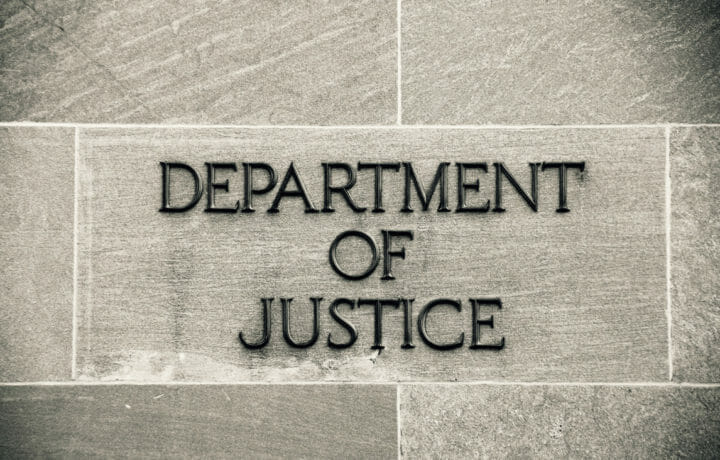From money laundering to ransomware schemes, cryptocurrency has been launched up the priority list for the federal government. During a keynote address at the Munich Cyber Security Conference, Deputy Attorney General Lisa Monaco announced a new FBI unit that will focus on blockchain analysis and virtual asset seizure. She also announced that Eun Young Choi will be the first Director of the National Cryptocurrency Enforcement Team (NCET), the DOJ’s new crypto enforcement team created this past fall.
Creation of National Cryptocurrency Enforcement Team (NCET)
“With the rapid innovation of digital assets and distributed ledger technologies, we have seen a rise in their illicit use by criminals who exploit them to fuel cyberattacks and ransomware and extortion schemes; traffic in narcotics, hacking tools and illicit contraband online; commit thefts and scams; and launder the proceeds of their crimes,” said Assistant Attorney General Kenneth A. Polite Jr. of the Justice Department’s Criminal Division. “The NCET will serve as the focal point for the department’s efforts to tackle the growth of crime involving these technologies. Eun Young is an accomplished leader on cyber and cryptocurrency issues, and I am pleased that she will continue her service as the NCET’s inaugural Director, spearheading the department’s efforts in this area.”
Choi served as the leading prosecutor in the case against a Russian hacker who played a role in stealing information from over 80 million JPMorgan & Chase customers. In addition to her long resume, Choi has recently served as senior counsel for Deputy Attorney General Lisa Monaco, as well as, a cybercrime coordinator.
New FBI Unit and NCET Are a Warning
Monaco calls this a clear warning for cybercriminals. She also calls on companies that use cryptocurrency to root out abuses in the system. Saying, “To those who do not, we will hold you accountable where we can.”
These changes flip the switch away from being just reactionary to cyber offenses. It’s clear that criminal misuse of cryptocurrencies and digital assets requires more oversight in the response when issues arise, as well as, proactive planning to safeguard against future attacks. With NCET now a new division, training support for the federal, state, local, and international law enforcement can increase the effectives of U.S. and international reactions to crypto events and cyber criminals. The FBI’s new Virtual Asset Exploitation Unit, which is a specialized team of cryptocurrency experts operating within the FBI, will also strengthen the FBI with more analysis, support, and training so that they stay ahead of threats.
“Moving forward, prosecutors, agents, and analysts will now assess – at each stage of a cyber investigation – whether to use disruptive actions against cyber threats, even if they might otherwise tip the cybercriminals off and jeopardize the potential for charges and apprehension,” Monaco said.
Director Choi shared her enthusiasm for leading the new DOJ team in combatting threats, saying, “The department has been at the forefront of investigating and prosecuting crimes involving digital currencies since their inception. The NCET will play a pivotal role in ensuring that as the technology surrounding digital assets grows and evolves, the department in turn accelerates and expands its efforts to combat their illicit abuse by criminals of all kinds.”

